In This Time of War: The Muses Refuse Silence
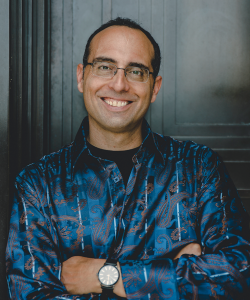
A poet explores the struggle to balance his roles as writer, educator, and activist during the war in Gaza and the refusal of silence during a conflict that has killed tens of thousands of civilians.
Jump to navigation Skip to content

A poet explores the struggle to balance his roles as writer, educator, and activist during the war in Gaza and the refusal of silence during a conflict that has killed tens of thousands of civilians.
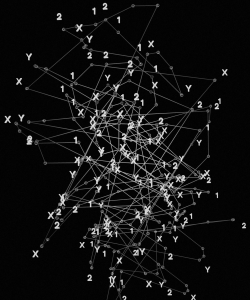
As AI makes it easier for people to generate text, literary editors are wrestling with how to weed out submissions by authors trying to pass off AI work as their own from those that use the technology in a more ethical way.
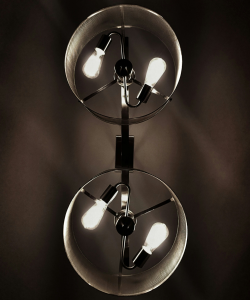
One of the greatest offenses a writer can commit is to steal others’ work and present it as their own. Members of the literary community discuss the negative impact of a serial plagiarist and potential protections against further theft.

The author of twelve books of fiction and nonfiction confronts the question every writer inevitably faces: Is my compulsion to tell the truth stronger than my fear of the consequences?

Rejection of your work can be crushing, especially when the subject of your writing is personal. A writing teacher and book coach recounts her experience being guided and then stood up by an agent who expressed interest in her book.

The principal agent of McKinnon Literary talks about how publishing can be a form of activism, the different ways agents and authors can use comp titles, and how the future of the book business still holds many wonderful possibilities.

The founder and director of Letras Latinas, the literary arm of the Institute for Latino Studies at the University of Notre Dame, reflects on twenty years of groundbreaking work and what’s next for the organization.
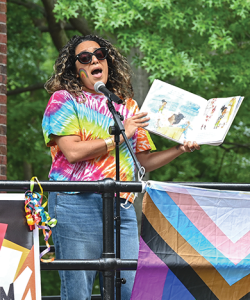
In response to the nationwide book-banning movement, libraries and other literary institutions are adopting the “sanctuary” label to show their commitment to protecting book access for readers.
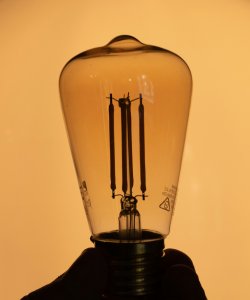
Even though ChatGPT can replicate and regurgitate the texts it has consumed, it still lacks the unique inspiration that lived experience provides for writers. A teacher of creative writing puts the AI chatbot to the test.
In this short video, filmmaker and author Miranda July talks about Snarla, a feminist punk zine she created with Johanna Fateman while living in Berkeley, California. Their zine as well as other zines and works are on view in Copy Machine Manifestos: Artists Who Make Zines at the Brooklyn Museum through March.